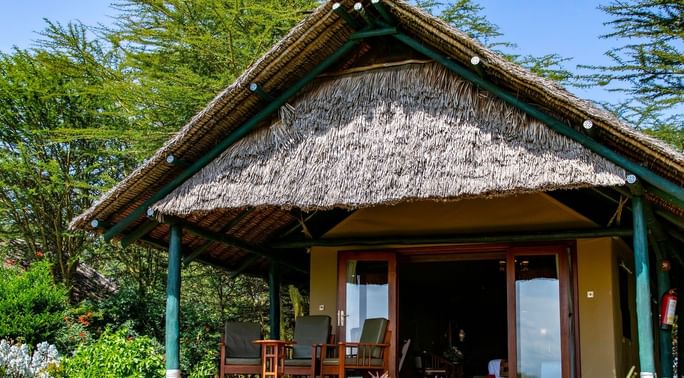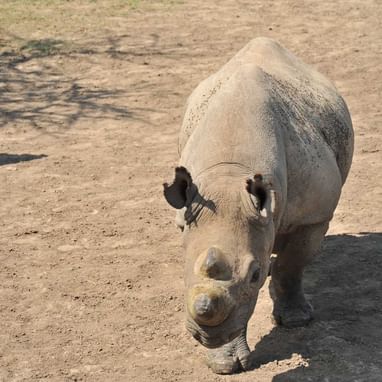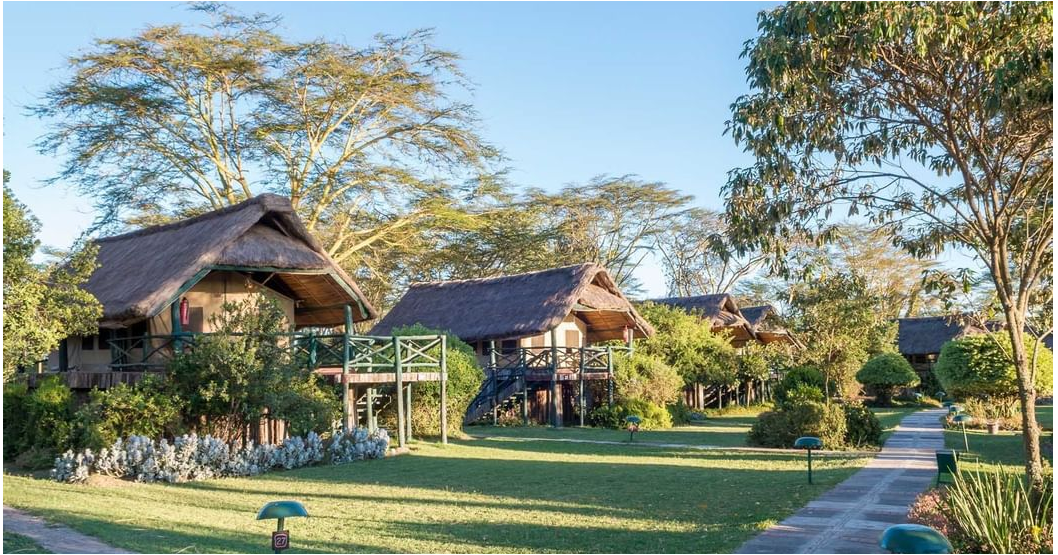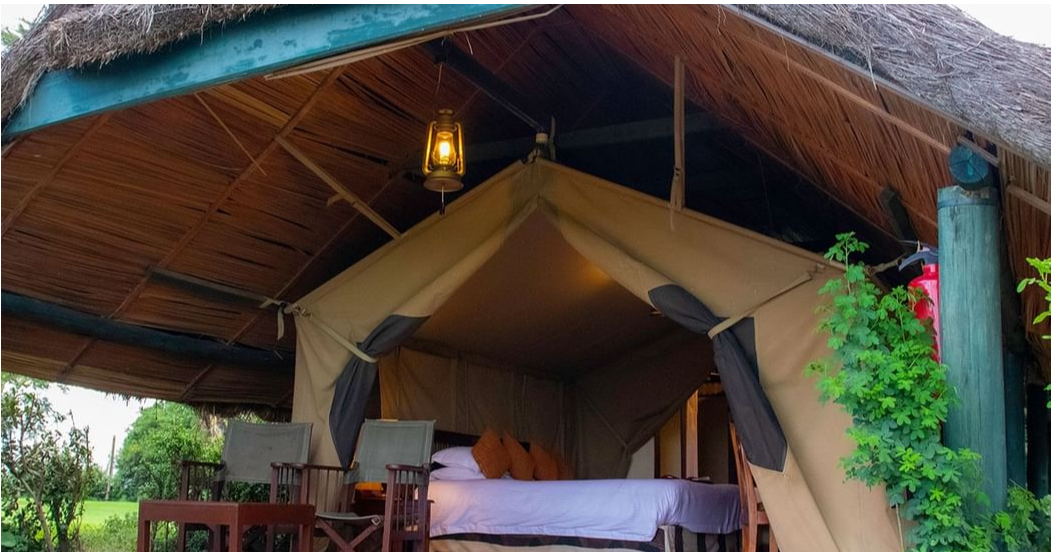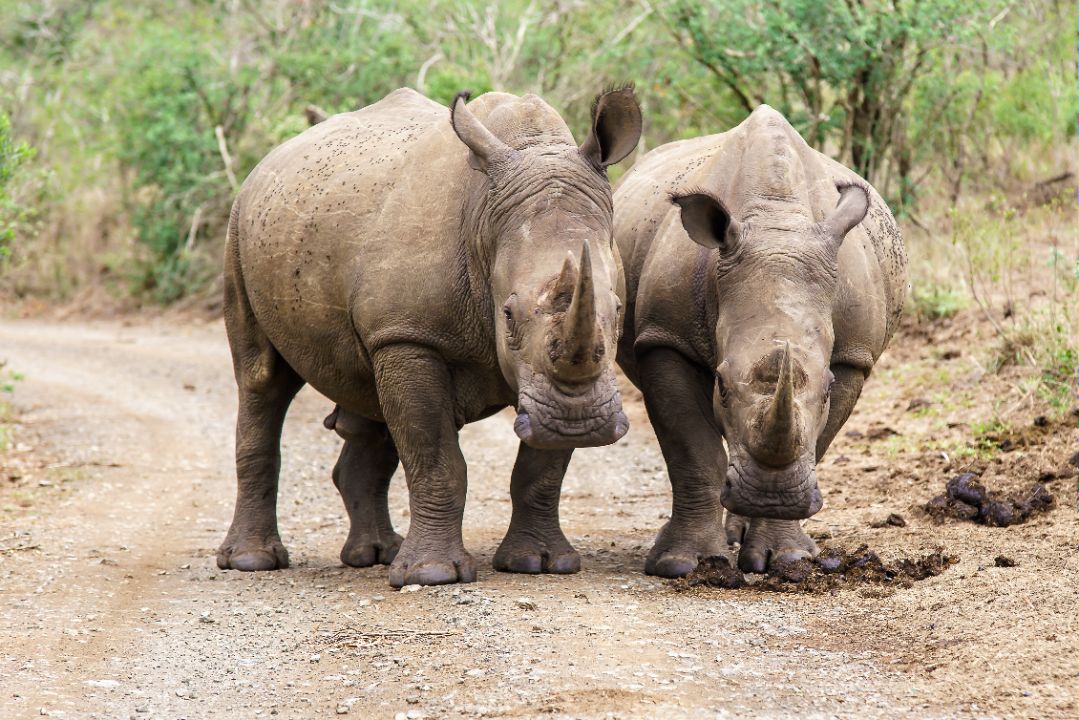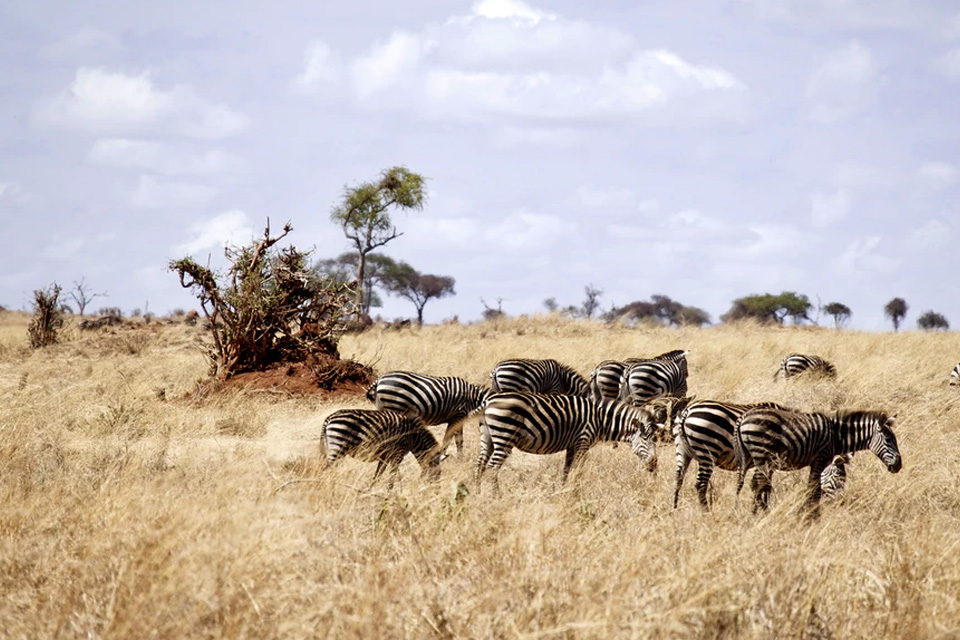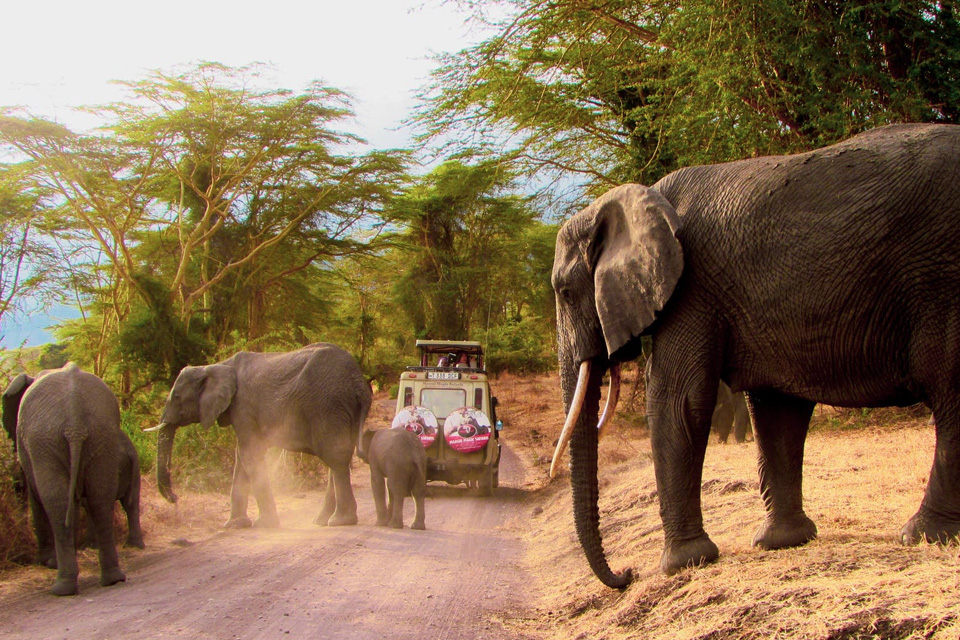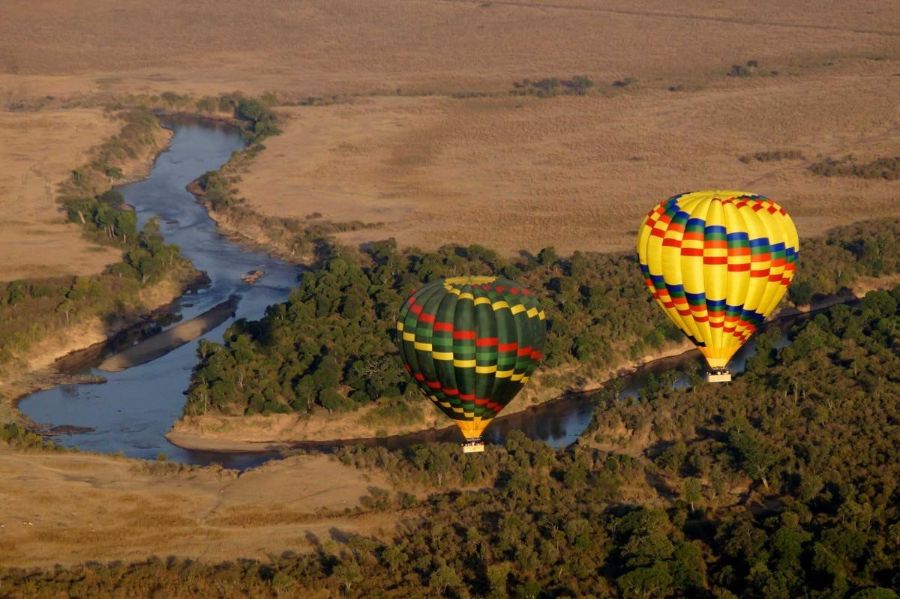The Serengeti ecosystem, a massive area covering some 24,000 square kilometres, is unfenced. With humans sometimes living in close proximity to national parks and no buffer zone as such separating humans from wildlife, poachers find it easy to infiltrate the national parks and surrounding wildlife areas to set up their “Snares”.
Snares are long looped wires that are attached to stationary objects to capture animals. Although ordinarily set up to capture smaller species sought for bush meat including Wildebeest and Impalas, Snares are sometimes responsible for injuring or even capturing larger animals including Elephants.
During the late 1950s, Professor Bernhard Grzimek founded the Frankfurt Zoological Society (FZS) with a view to focus on the conservation of wildlife in the Serengeti National Park. Today, a large portion of their conservation focus is on partnering with local and international stakeholders on their De-Snaring program in the Serengeti. The core function of the program is to destroy snares from paths that animals are likely to tread on, and freeing animals that may be entrapped in them. The sheer genius and the success of this activity is due in part to the previous profession of a large amount of their De-Snarers – ex-poachers! Not only do these former poachers know where best to find snares, but employing them reduces the number of active poachers in the field!
While excessive rains at the start of the year have made this a difficult task, the 2 de-snaring teams currently active have thus far managed to remove an impressive 768 snares in the first 4 months of this year.
Perhaps an even greater feat of accomplishment is the removal of 41,000 snares since the inception of the De-Snaring program. That’s a potential 41,000 animals that may have been spared pain or death as a direct result of Snares.
No industry has been hit as hard by COVID-19 in Tanzania as the travel and tourism sector. With a decreased cash flow in tourism related businesses, anti-poaching programs are unlikely to get the same level of funding, with struggling tour operators being among the major donors. It is therefore imperative that De-Snaring programs like the FZS’s have their efforts recognized, so that they get as much help as possible to remove and destroy the tools used by poachers to enable and assist them in their illegal activities.
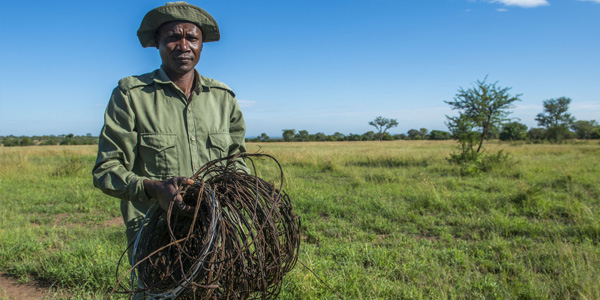
Source: Frankfurt Zoological Society


